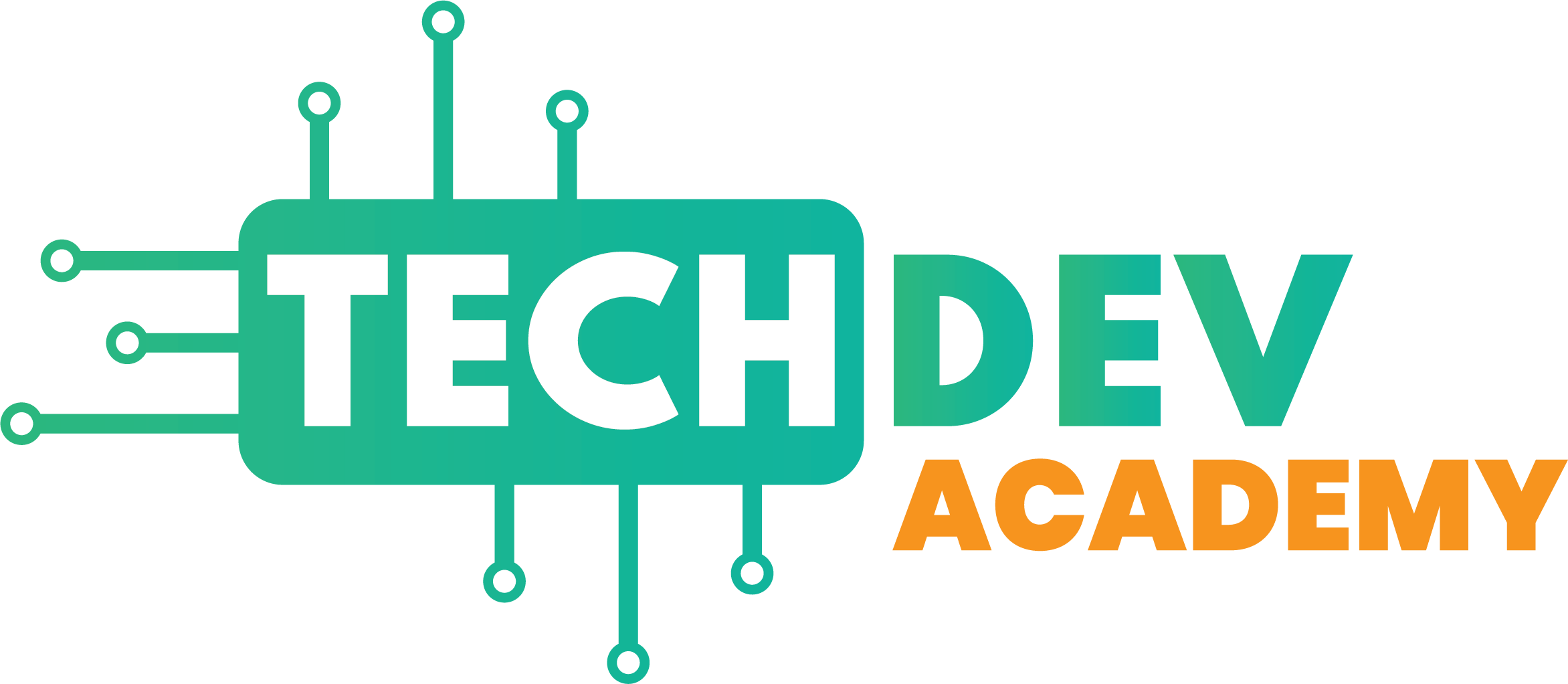The International Baccalaureate (IB) Programme is a renowned two-year program that offers high school students an internationally recognized diploma. Developed in Switzerland in the 1960s, IB is an esteemed nonprofit educational program aimed at nurturing intellectual, emotional, personal, and social skills in individuals.
It is designed to provide a rigorous and challenging academic experience, equipping students with the necessary skills for success in university and life beyond. The popularity of IB programs has been steadily increasing with a global rise of 34.2% between 2018 and 2022 There are over 5,600 schools in 159 countries hosting more than 7,900 different IB programs as of June 2023.
If you are interested in joining the IB program as a high school student, this article will provide detailed information on what the program entails, how to enroll, and the benefits it offers.
Types of IB Programmes
First, let’s look at IB program types. There are four types of IB Programmes.
1.Primary years Programme(PYP)
The PYP is a transdisciplinary program designed for children aged 3-12. It aims to foster a lifelong love for learning while teaching children how to learn effectively.
2.Middle years Programme(MYP)
The MYP is a five-year-long program for students aged 11-16, serving as a preparation for the two-year IB diploma Programme offered in high school.
3.Diploma Programme(DP)
The IB Diploma Programme is a rigorous two-year curriculum offered to students aged 16-19. It focuses on the physical, intellectual, emotional, and ethical development of students and consists of six subject groups and three additional core requirements.
4.Career related Programme(CP)
The CP is a two-year program for students aged 16-19 that combines career-related studies, academic subjects, and at least two courses from the IB Diploma Programme.
This article will primarily focus on the IB Diploma Programme and the IB Career-related Programme, as these are the options typically chosen by high school students. However, it’s important to note that some schools allow students to take individual IB classes without enrolling in the full IB Diploma Programme. The specific policies may vary, so it’s advisable to consult your school for more information.
Prerequisites of IB program for High Schoolers
Any high school students between 16 and 19 are eligible to apply for the IB Programme. However, each school may have its own specific requirements, such as a minimum GPA or limited availability of spots making the application process competitive.
Students interested in applying for the IB Programme need to complete an application which can be found on the school’s website. Depending on the school’s requirements, additional documents like teacher recommendation letters, grade reports, or personal statements may need to be submitted along with the application.
Six Subject Groups in IB Programme
The IB program curriculum contains six subject groups. Students wishing to pursue the IB diploma must take one class from each of the groups 1-5 as well as a sixth class either from group 6 or a second class from groups 2-4.
- Group 1: Native language and literature studies.
- Group 2: A foreign language acquisition course
- Group 3: Individuals and Societies (history, economics, etc.)
- Group 4: Sciences (biology, chemistry, physics, etc.)
- Group 5: Mathematics
- Group 6: Arts (theatre, visual arts, etc.)
To earn an IB diploma, students must take three to four higher level (HL) classes and the remaining standard level (SL) classes. HL classes are more challenging as they have an instructional time of 240 hours, while SL classes require 150 instructional hours. SL classes provide a broader overview of the subject, while HL classes delve deeper into specific areas of study.
These courses are extensive and arduous, so some schools extend the HL classes over two years. Schools also prolong the IB programs to four years so students can get along easily.
IB Exams
As part of the IB program, students are required to take exams for each of the six IB subjects. The detailed schedule of IB exams can be found here. The exams include both internal assessment and external assessment.
Internal assessment can vary depending on the class and may include oral presentation, group work, or a written test. The internal exams are graded by the class teacher, and a selection of internal assessments are sent to trained IB graders around the world for moderation.
External assessments, also known as exams, differ for each subject and usually consist of multiple papers. These papers are sent to IB examiners anywhere in the world who use a mark scheme to assess your papers.
These exams are graded on a scale of 1-7, with 1 being a failure and 7 being closest to IB standards of excellence. Students need at least 12 points in their HL classes and 9 in their SL classes to earn a diploma.
Three Core Requirements of the IB Programme
Students must complete three additional requirements to pass the IB exams to earn an IB diploma.
Creativity, Activity, Service (CAS)
CAS requires students to engage in activities beyond academics, such as sports, volunteer work, arts, etc. CAS is an additional requirement to ensure that students are well-rounded individuals, and often existing hobbies and interests can fulfil the CAS requirements.
Theory of Knowledge (TOK) Class
TOK is a class focused on exploring the nature of knowledge, perception of the world around us, ways of obtaining knowledge, and areas of knowledge. Although there is no exam for TOK, students are required to give a presentation evaluated by their teacher. They also have to write a 1600 word essay that is evaluated externally by an IB examiner.
Extended Essay (EE)
EE is a 4000-word research paper on an academic topic approved by IB. Students work under the guidance of an extended essay supervisor at their school. The extended essay is graded externally by two IB examiners.
Both the TOK and EE are assessed on a grade scale of A to E, with A being excellent and E as a failure. The two grades are then average, and students are awarded a score (maximum 3 points) that counts towards your diploma. Even with perfect scores in their subject classes, a student cannot earn the diploma if they get an E in either TOK or EE.
Benefits of IB Classes
Students who take an IB Programme reap several benefits such as:
- Development of critical thinking and complex problem-solving skills.
- Cultivation of cultural awareness through the learning of a second language. and appreciation of different cultures.
- Academic excellence and improved performance in enrolling in top universities. Research shows that these students perform better in enrolling in top universities, earning first-class and second-class honours degrees, and studying further for post-graduation.
- Development of independent thinking, presentation, and research skills which prepare students for university-level work.
- Increased the chances of university admission, as universities often favour students who have completed challenging coursework.
Potential to earn university credits by completing IB coursework, saving both time and money in higher education.
Cost of the IB Programme
It costs nothing to become an IB student but to give IB assessment and earn college credits, you may need to pay registration and assessment fees. The assessment fee starts from 76$.
You can find the details here.
IB Schools Near You
Each state typically has at least one IB school. You can find an IB school most near to you here.
Conclusion
The International Baccalaureate (IB) Program offers high school students a rigorous and internationally recognized education. With a curriculum that encompasses six subject groups and offers a mix of higher level (HL) and standard level (SL) classes, the IB Program prepares students for comprehensive exams that include both internal and external assessments.
Alongside the subject exams, students are required to fulfil the core requirements of CAS, TOK class, and an Extended Essay (EE). This holistic program cultivates critical thinking abilities, cultural awareness, and academic excellence, thereby enhancing students’ prospects for university admission. By equipping students with the necessary skills and knowledge, the IB Programme empowers them to succeed in higher education and thrive in their future.

